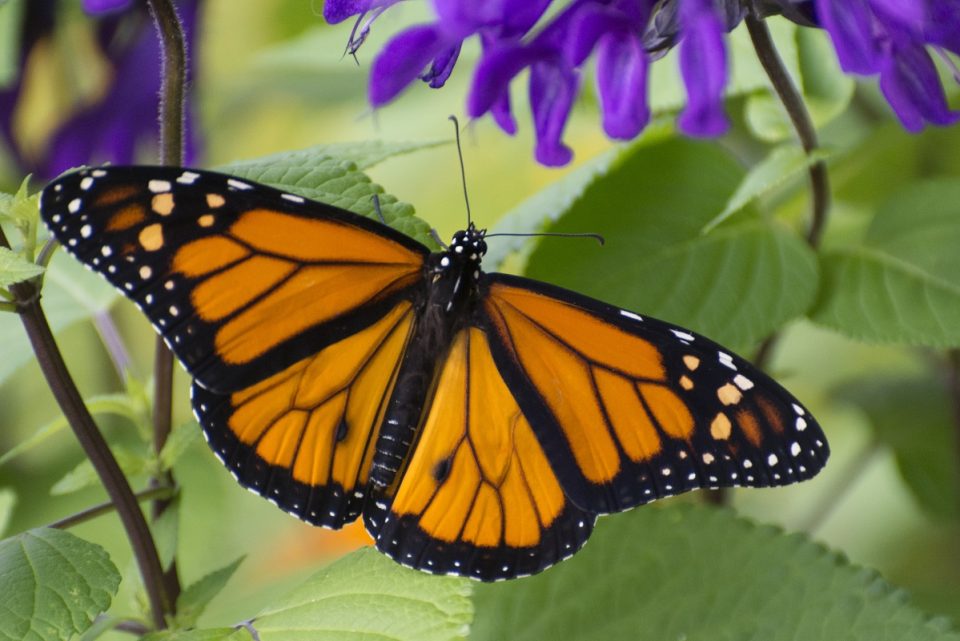INDIANAPOLIS (Indiana News Service): The number of Midwestern monarch butterflies has declined rapidly in recent decades, but a new bill pending in Congress could stabilize their population.
The bipartisan Recovering America’s Wildlife Act would allocate nearly $1.4 billion annually to states to implement new conservation strategies for many threatened species.
Emily Wood, executive director of the Indiana Wildlife Federation, said the money would increase the state’s current conservation budget more than tenfold.
“So here in Indiana, if that legislation were to pass, we’d be adding about $14 million to our conservation budget, which now typically receives less than a million,” Wood outlined. “We have less than a million dollars to handle all of the 150 species with our state wildlife action plan.”
Indiana is one of the monarch’s major breeding grounds, but due to human activity, the pollinator’s native habitats have been restricted. In 2017, the most recent year such data is available, a census of Hoosier monarchs tallied about 193,000 butterflies, down from more than 1.2 million in 1997.
Wood pointed out the Recovering America’s Wildlife Act wouldn’t specifically target Hoosier monarchs for conservation, but she explained helping out the state’s other threatened species will provide positive benefits for the butterflies.
“When you restore habitat for a lot of other threatened and endangered species here in the state of Indiana, you are also restoring monarch habitat,” Wood noted. “Because a lot of those are just returning natural areas to prairies or grasslands.”
Environmental groups petitioned to add the monarch to the federal endangered species list last year. The Fish and Wildlife Service rejected the request, determining the butterfly warrants listing, but there is not enough funding and resources to handle widespread conservation of the pollinator.
Rebeca Quinonez-Pinon, chief monarch recovery strategist with the National Wildlife Federation, said the monarch’s population decline is a good indicator of the health of other pollinator species.
“The monarch butterfly should serve as a wake-up call to the threats that many other pollinators across our country are facing,” Quinonez-Pinon asserted.
The Recovering America’s Wildlife Act was introduced into the House of Representatives in April. It has not yet been scheduled for a vote.

